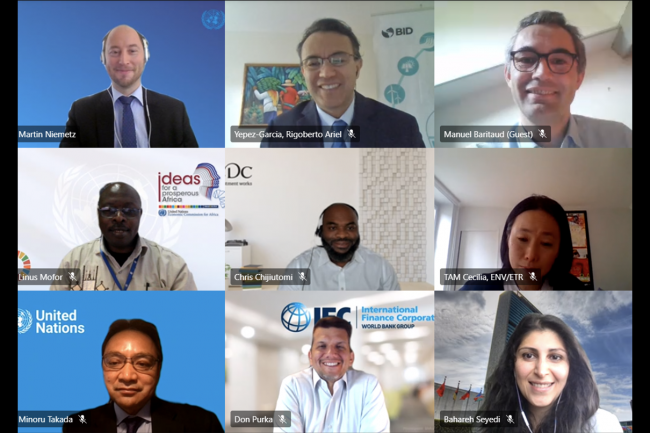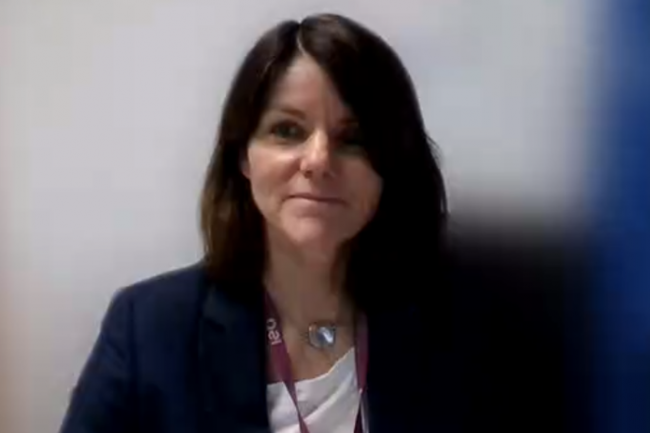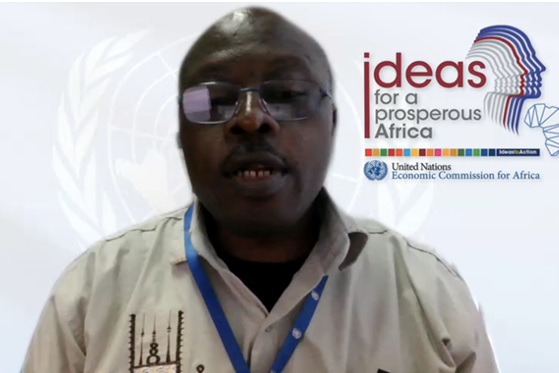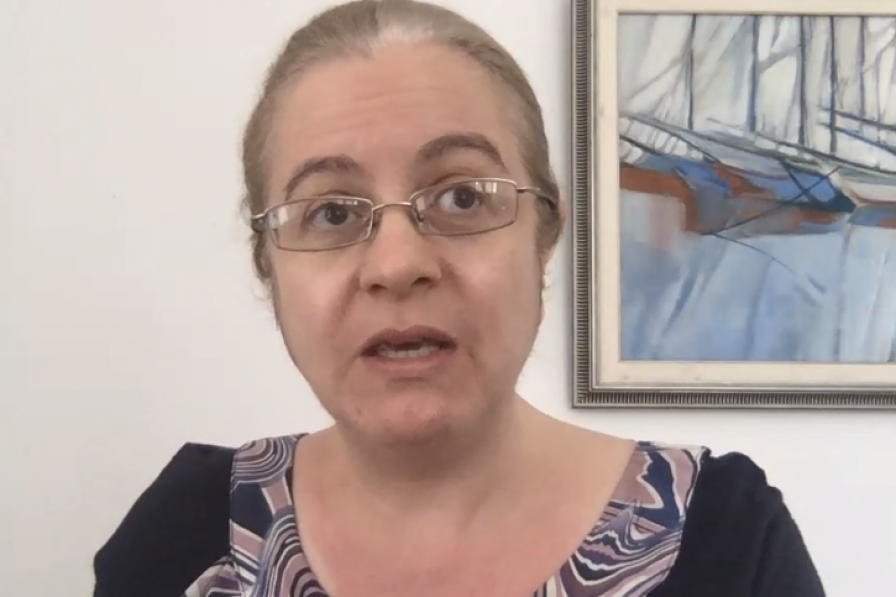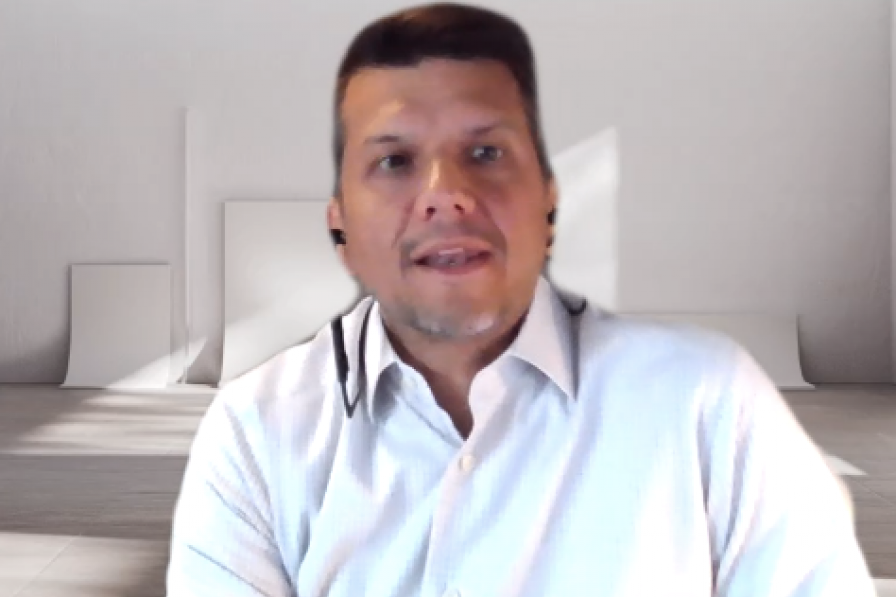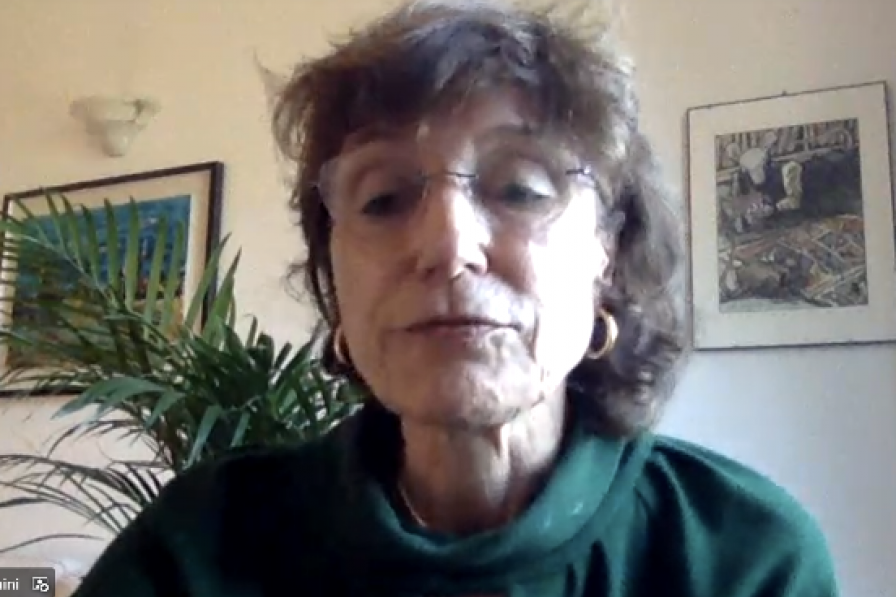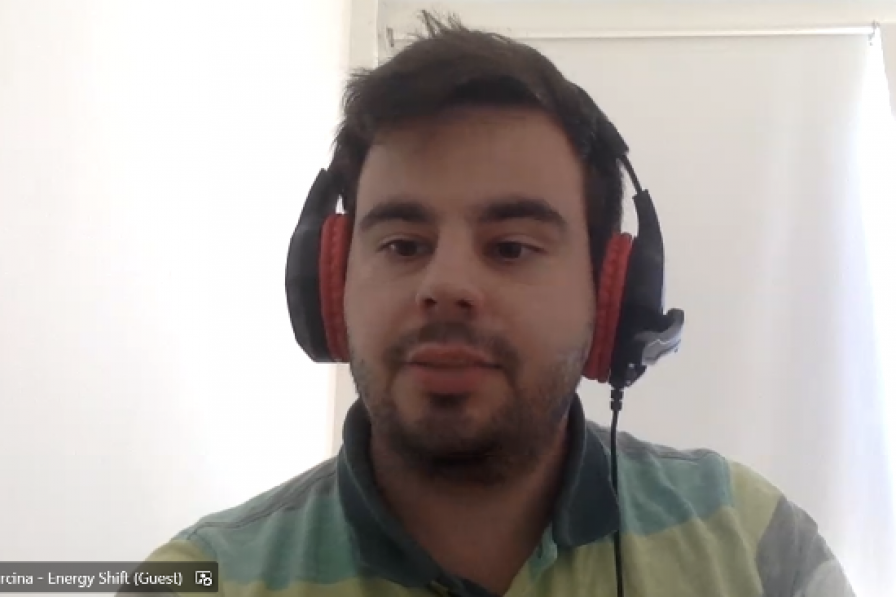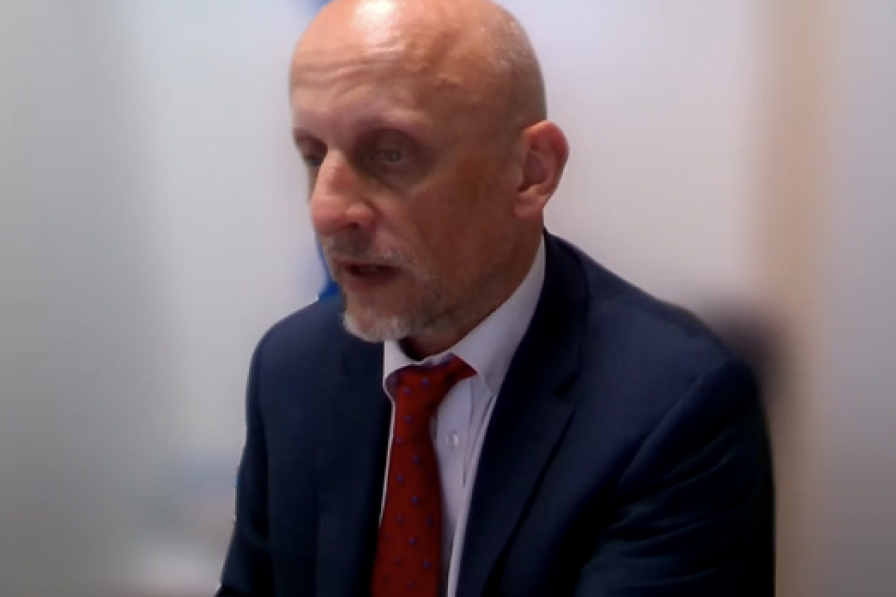The Technical Working Group on Finance and Investment held its final meeting to review the draft report as revised by the Group’s four co-leading agencies: the International Energy Agency (IEA), the UN Economic Commission for Africa (UNECA), the International Finance Corporation, and the European Investment Bank (EIB).
The report had undergone changes to reflect group members’ comments during their second meeting on 14 April 2021. During the third meeting, on 25 May, 46 participants gathered to provide their final comments on the draft. Group members asked for the recommendations to be more specific. They also suggested clarifying references to: de-risking investments; avoiding investments in fossil fuels; and setting carbon prices.
The Technical Working Group is one of five that are preparing a roadmap to be presented at the High-Level Dialogue on Energy in September 2021. The first virtual meeting of the Technical Working Group on Finance and Investment took place on 26 February 2021 to provide initial input for the roadmap. The group’s report will be launched during a Ministerial Thematic Forum on Finance and Investment on 25 June 2021.
Presentation of the Final Report and Discussion
Welcoming participants, Mechthild Wörsdörfer, Director, Sustainability, Technology and Outlooks, IEA, said “finance is the missing link between the world’s ambitions and its actions.” She told group members that the momentum for climate pledges and sustainable finance has not yet translated to large increases in actual spending, which is needed to meet global climate goals. She reported that the IEA’s recent special report, ‘Net Zero by 2050,’ shows the need for “immediate and massive” deployment of clean energy in the next ten years and a tripling of investment in clean technology, just to “keep the door open” to net zero emissions by 2050. She also noted the need for innovation in early-stages clean energy technology to prepare for the next phase of the energy transition.
Linus Mofor, Senior Environmental Affairs Officer, UNECA, introduced the revised report. He said the section on challenges has been rearranged into four broad areas: inclusive and sustainable recovery; robust pipeline of de-risked clean energy projects; local financial markets and intermediaries; and alignment of finance flows with the Paris Agreement. Nine “pragmatic” recommendations have been identified to achieve these priorities. Mofor presented the recommendations along with Don Purka, Principal Investment Officer, Global Lead, Upstream Energy, IFC.
The nine recommendations are:
- Accelerate the delivery of public finance in support of sustainable energy goals;
- Regain the momentum lost on energy access investments during the pandemic, with a focus on closing the affordability gap, among other objectives;
- Align energy financing with all dimensions of the Paris Agreement, including by redefining eligibility criteria for each financial institution to support the energy sector, recognizing that fossil fuels must be phased out as soon as possible;
- Governments should work with relevant stakeholders to ensure that the realization of SDG 7 and the global energy transition leaves no one behind, with a particular focus on clean cooking, empowering women and youth, and mitigating the impacts on communities that will face disruptions;
- Enhance local currency funding and support for deepening domestic capital markets to achieve SDG 7;
- Make better use of blended finance schemes to mobilize and maximize private capital for clean energy investments and innovative energy technologies;
- Correct market-distorting subsidies and address the lack of carbon pricing frameworks and inadequate accounting of environmental externalities that hold back sustainable investment;
- De-risk projects and fix regulatory barriers to ensure market openness, attractiveness, and readiness for private sector finance; and
- Develop new mechanisms to link sustainable finance with opportunities to support SDG 7 and reward ambitious energy transition strategies.
Group members then provided final comments on the revised report. Several speakers indicated the recommendations, while sound, should be more precise and indicate specific activities or types of pilots that could be pursued by members of this working group and other stakeholders. One member suggested setting specific targets for the next decade, if not earlier, for countries to organize around. Another proposed including examples of actions that have been taken in each area and lessons learned from those experiences.
Participants also identified references in the report that require more clarity. On the recommendation to “de-risk” clean energy projects, a speaker cautioned against the perception that investment will only come if there are zero risks or if the government – which may already be in deep debt – absorbs all risk. This speaker highlighted that the private sector is used to taking risks. A speaker suggested allocating risk to the party best able to manage it.
On the recommendation to avoid projects involving fossil fuels, one participant said some countries, especially poor countries in West Africa and elsewhere, may need to use fossil fuels linked with cleaner sources to improve demand, and after an interim period, “then you remove the fossil.” Some speakers noted that while all countries share one ultimate target and are “on the transition,” they will have different pathways.
A speaker questioned the recommendation on carbon pricing frameworks, suggesting that the report directly call for a “global” price on carbon. Another speaker noted that a global price on carbon could help move the world toward a low-carbon future but may not be politically feasible. Challenges with increasing consumer prices for energy as the world recovers from COVID-19 were noted. A speaker suggested regulatory measures that implicitly recognize environmental externalities, such as efficiency measures and auction schemes, can address these challenges.
A speaker pointed to the relevance of all parts of the Paris Agreement, including the principles of common but differentiated responsibilities and respective capacities, and called for an approach that encompasses all technologies and energy sources including fossil fuels and accounts for all countries’ circumstances when referring to climate finance. A stronger focus on climate change adaptation, and not just mitigation, was suggested.
Update on the Theme Report, Ministerial Forums, Energy Compacts, and Next Steps
The Secretariat informed the Thematic Working Group that the co-leads will finalize the report and Group members can error check it during the week of 7 June, after copy editing. Participants were reminded that all Thematic Working Groups will gather for a virtual meeting on 15 June to consider the way forward and options for staying connected, such as by forming working groups and developing energy compacts.
The Secretariat announced the Ministerial Thematic Forum on Finance and Investment will convene virtually on 25 June, and registration is now open. The event will include the official launch of the Group’s report, as well as a side event to enable group members to hold an open, public discussion on the report. The report and messages expressed during the Forum will be the basis for its outcome, and the roadmap resulting from all five Ministerial Thematic Forums will be presented to the UN Secretary-General as a basis for the High-level Dialogue on Energy in September 2021
A representative said the outcome of the five Thematic Working Groups as well as the ministerial outcomes will form a ten-year global energy master plan that should orient the global community around needed action to achieve SDG 7 and the net zero goal by 2050.
The Secretariat said next steps include: registering for the Ministerial Thematic Forum, attending the report launch, organizing side events, submitting an energy compact to be launched at the Forum, and engaging in follow-up networks.
Closing the meeting, Manuel Baritaud, EIB, thanked the Secretariat for providing support and clear objectives throughout the Thematic Working Group process. He said the revised report aims to be “as inclusive as possible” to incorporate members’ suggestions within the framework of the Group’s mandate – mobilizing finance and investment to meet SDG 7 and net zero by 2050. Baritaud noted that the members had pooled their diverse experiences to provide a technical report. Recalling the IEA report on ‘Net Zero by 2050,’ he said incremental changes to existing business models, or adjusting existing regulations, will not be sufficient to give all individuals access to clean energy, reach net zero on time, and walk the talk on climate.
To receive continuing coverage of this event delivered to your inbox, subscribe to the ENB Update newsletter.
